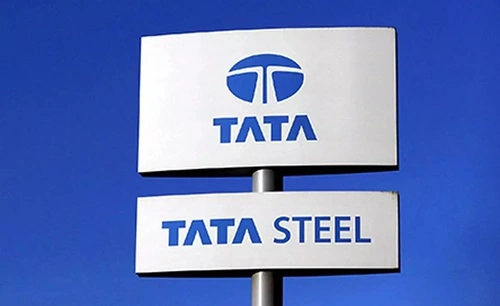Tata Steel has announced significant investment plans for its UK operations amid rising concerns from trade unions about potential job losses. This move underscores the company’s strategy to transition from traditional steelmaking methods to more sustainable practices. The investment is part of a broader effort to decarbonize the steel industry and ensure long-term viability in a competitive global market.
Decarbonization and Technological Upgrades
Tata Steel is set to idle its blast furnace and basic oxygen furnace capacity at its Port Talbot plant in Wales, replacing them with electric arc furnace (EAF) technology. This shift is critical for reducing carbon emissions and aligning with the UK’s environmental goals. The transition to EAF technology, which is more sustainable and cost-effective, involves a substantial investment of approximately £1.25 billion, including a £500 million grant from the UK government.

Impact on Employment and Community Support
The restructuring plan will impact approximately 2,800 jobs, primarily at the Port Talbot site. Tata Steel has committed over $165 million to support affected employees through redundancy packages, skills training, and job-seeking initiatives. An additional $127 million will be allocated to a Transition Board established with the UK and Welsh governments to aid employees, contractors, and the local community.
Economic and Environmental Implications
This strategic investment is expected to enhance the UK’s steel production capabilities while significantly reducing carbon emissions. The new EAF technology will cut Tata Steel UK’s CO2 emissions by 5 million metric tons annually, contributing to a 1.5% reduction in the UK’s overall emissions. This transition not only supports the UK’s green agenda but also positions Tata Steel as a leader in sustainable steel production.
Challenges and Union Concerns
Despite the environmental and economic benefits, the transition has sparked concerns among trade unions. The proposed job cuts have led to threats of industrial action, with unions demanding better terms for the workforce. The union community has yet to finalize dates for potential strikes, but the tension highlights the challenges Tata Steel faces in balancing technological advancement with social responsibility.
Strategic Rationale and Future Outlook
Tata Steel’s move is driven by the need to remain competitive in a global market where sustainability is becoming increasingly crucial. The decision to invest in EAF technology reflects a broader trend in the steel industry towards more eco-friendly production methods. By leveraging the UK’s surplus of ferrous scrap and reducing reliance on imported raw materials, Tata Steel aims to secure its long-term position in the market while supporting the UK’s green economy.
Tata Steel’s investment in the UK represents a significant shift towards sustainable steelmaking, promising economic and environmental benefits. However, the company must navigate the social implications of its restructuring plans, ensuring that the transition supports not only its business objectives but also the welfare of its workforce and the broader community.

Meet Suhas Harshe, a financial advisor committed to assisting people and businesses in confidently understanding and managing the complexities of the financial world. Suhas has shared his knowledge on various topics like business, investment strategies, optimizing taxes, and promoting financial well-being through articles in InvestmentDose.com


